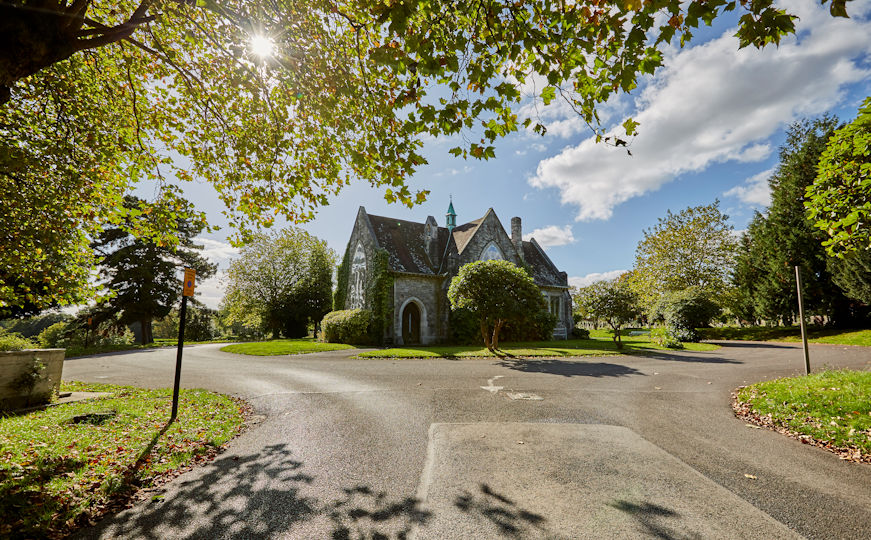What to do when someone dies

1. Call a doctor and tell their closest relative
When someone dies at home, you should call their GP immediately (or an ambulance). If the death was in a hospital or hospice, tell the doctor.
The next of kin has to collect a medical certificate with the cause of death written on it (the death certificate). You will need this to register the death of your loved one.
2. Registering the death
You cannot finalise the funeral date until you have registered the death, so it's an important step.
You must legally register the death within five days unless it has been referred to the Coroner. A death can be registered by
- A relative
- Someone present at the death
- The manager of the nursing/residential home/official from the hospital where the death took place
- The person making the arrangements with the Funeral Directors
To register the death, you need to ensure the medical certificate has been scanned to the Register Office (by the surgery or the Medical Examiner's Office) before you book an appointment online. When you register the death you will need to have:
- The death certificate
- The full name, address, date and place of birth, and the occupation of the person who has died
- Information about their pension or other income from public funds
- (If the person was married or in a legal civil partnership) you will need to give the full name and date of birth of the surviving partner
During the registration, you will given details for the government’s ‘Tell Us Once’ service. This free service can notify some government departments for you, including the Department of Works and Pensions and some council services.
More information on registering a death.
3. Arranging the funeral
The Register Office will scan the certificate for burial or cremation directly to the chosen funeral directors or crematorium, depending on what the deceased requested, or what you decide to do.
Most people choose to go through a Funeral Director to help arrange the funeral, however you can arrange the burial or cremation direct with us.
While most will have to fund their loved one’s funeral, if you're the surviving husband, wife or civil partner, you may be entitled to funding from government bereavement support. You can find out if you’re eligible.
Cremation
 Nestled in a beautiful and peaceful woodland setting, Southampton Crematorium and the surrounding Gardens of Remembrance are a perfect location for celebrating and commemorating the life of a loved one.
Nestled in a beautiful and peaceful woodland setting, Southampton Crematorium and the surrounding Gardens of Remembrance are a perfect location for celebrating and commemorating the life of a loved one.
Location:
Southampton Crematorium,
Bassett Green Road,
Southampton,
SO16 3QB
More information on cremation or call 023 8076 6405.
Burial
 If you would prefer a burial, you may want to consider one of the five cemeteries we manage in the city:
If you would prefer a burial, you may want to consider one of the five cemeteries we manage in the city:
- Hollybrook Cemetery
- St Mary Extra Cemetery
- South Stoneham Cemetery
- Millbrook Cemetery
- Southampton Old Cemetery
More information on burials or call 023 8076 6405.
4. Deal with their estate
When someone dies, if they had any outstanding debts to settle, or any assets to distribute, someone else will need to take charge.
Banks and other institutions will normally only take instructions from the person appointed in the will to carry out the deceased's wishes, or if no will was left the next of kin.
See also
More information on what to do after a death can be found on the GOV.UK website:
You can also view useful contacts and support services.

